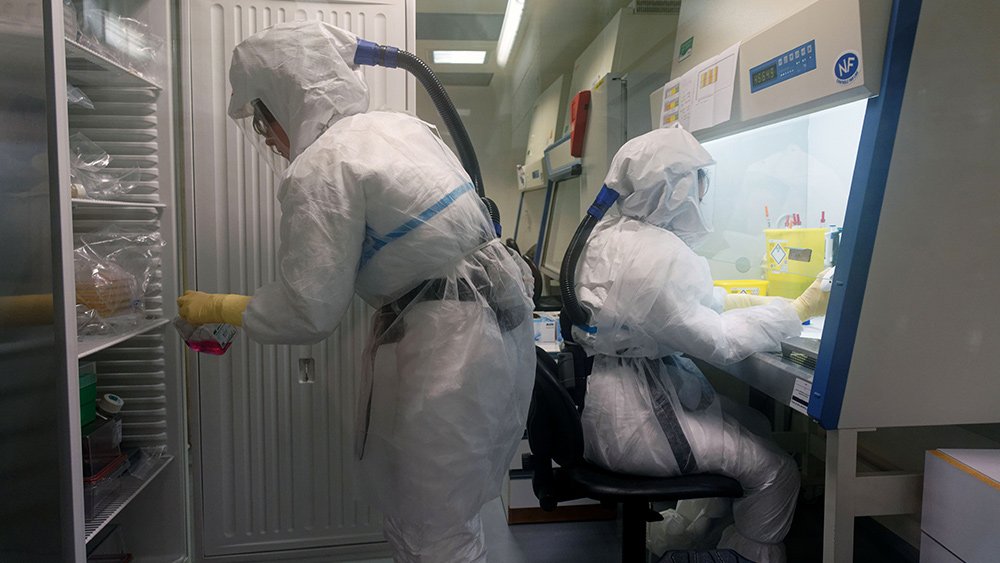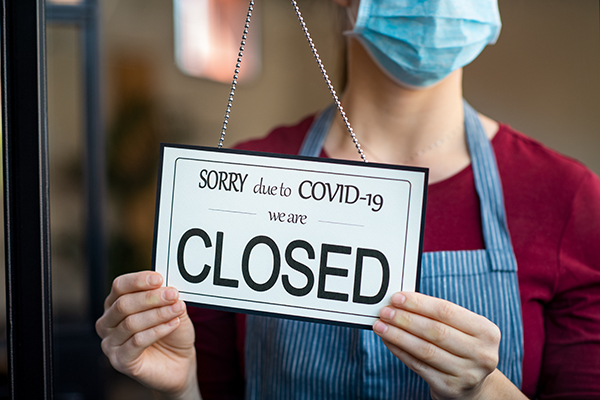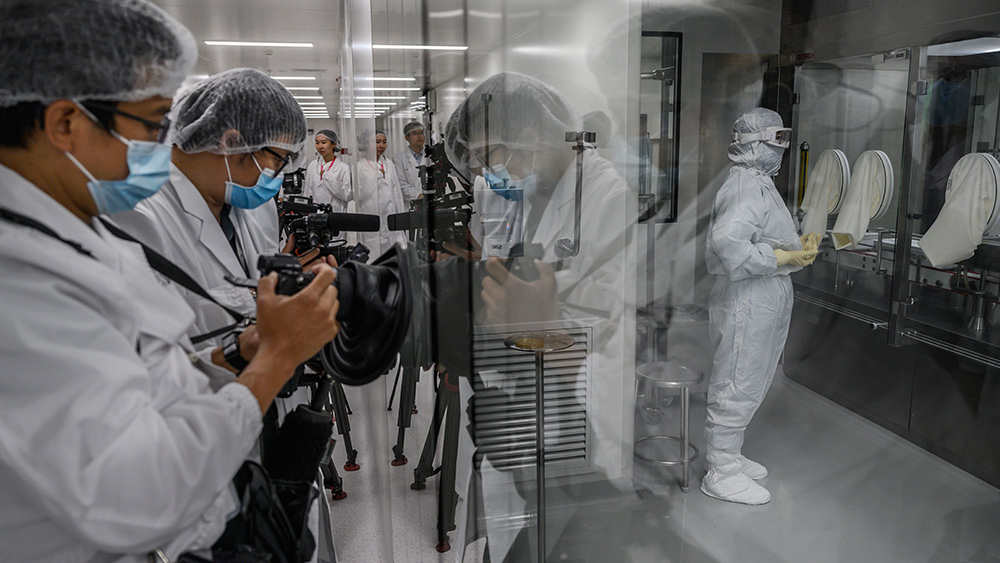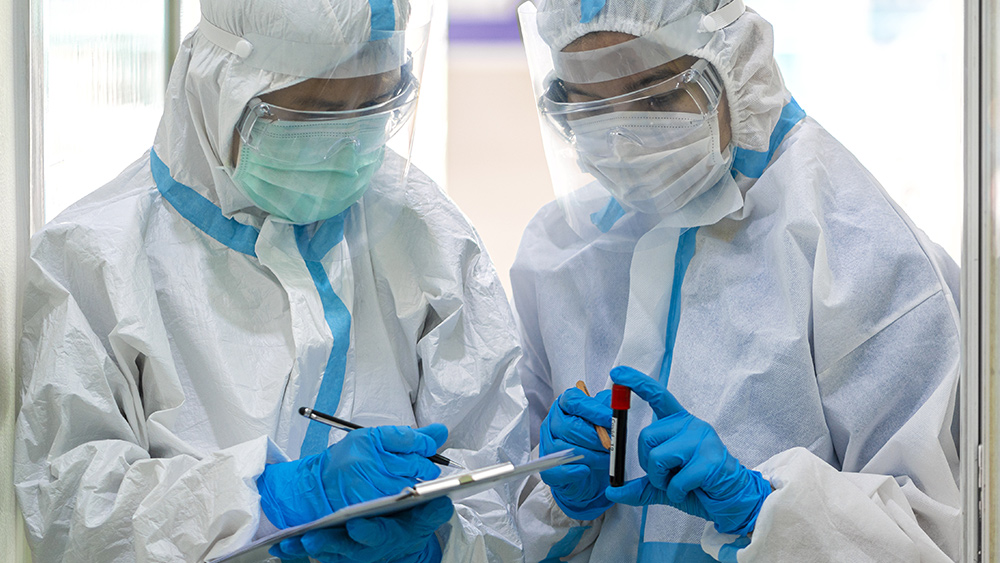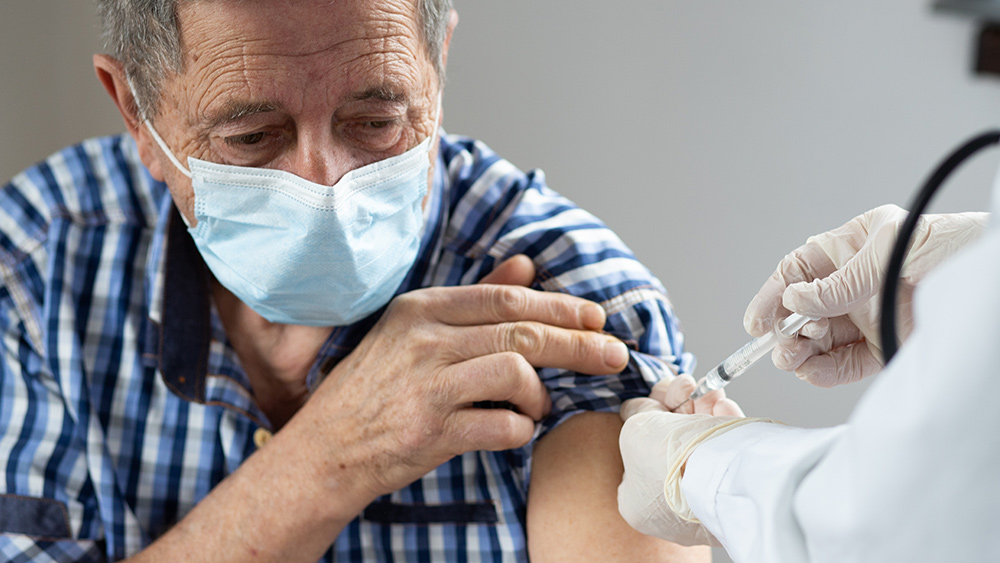Toxic chemical in commercial cleaning products and bug sprays linked to arthritis
11/02/2022 / By Zoey Sky

Protecting your family from toxic chemicals means looking for non-toxic alternatives to common cleaning products and bug spray.
According to a study, one common pesticide ingredient could be linked to a higher risk of developing rheumatoid arthritis (RA).
Pyrethroids linked to rheumatoid arthritis risk
Rheumatoid arthritis is a chronic autoimmune condition that makes your body attack your joints, which can cause the erosion of bones, joint deformities and debilitating pain.
Earlier studies have suggested that there are alarming links between the use of chemical pesticides and RA.
For the study, scientists in China examined a specific type of pesticide to determine its correlation with RA risk. Pyrethroids are pesticides that are a common ingredient in insect control products like bug sprays, pet shampoos and pet sprays.
Pyrethroids are synthetic chemicals that are structurally similar to botanical compounds but they are designed to be more persistent. These pesticides are toxic to your nervous system and experts think that during pregnancy a fetus is not able to efficiently break down these chemicals.
Symptoms of pyrethroid poisoning include:
- Fatigue
- Headache
- Involuntary twitching
- Salivation
- Stinging and itching skin
- Tremors
- Vomiting
The research team studied the urine samples of more than 4,000 volunteers from a prior U.S. study – the National Health and Nutrition Examination Survey – to assess disease risk with pyrethroids. Results revealed that people with RA had significantly higher pyrethroid indicators present in their urine.
This finding is alarming, especially since this isn’t the first time chemicals like pesticides have been linked to adverse health risks. (Related: Here’s another reason to love blueberries: They protect against inflammation.)
Pesticide exposure also linked to other diseases
Pesticides aren’t just linked to rheumatoid arthritis. Studies have also found that pesticide exposure is associated with many health risks, such as cancer, neurodevelopmental issues and reproductive problems.
While there aren’t a lot of studies evaluating disease risk caused by the specific pesticide class of pyrethroids, this recent study suggests that more research is warranted.
You can be exposed to pyrethroids in public outdoor spaces and even in your own home. Pyrethroids are present in at least 30 percent of pesticide products commonly used around the world.
This is alarming because while these pesticides are used to kill mosquitoes, they may also be toxic to mammals – including humans.
This means you need to be careful because it’s easy for pesticides to enter the body through skin contact, breathing or ingesting them from the environment.
A report from the Food and Drug Administration (FDA) also revealed that at least 59 percent of foods consumed in the U.S. are contaminated with pesticides.
How to reduce exposure to pesticides
One of the best ways to minimize pesticide exposure is by choosing organic whole foods.
Here are some tips on how to reduce your exposure to harmful pesticides:
- Buy local produce.
- Wash and scrub fruits and vegetables under running water before cooking. This can help reduce any traces of pesticides that remain on the surface.
- Avoid eating or drinking while handling pesticides in your garden.
- If possible, avoid using personal pesticides and switch to all-natural bug repellants like citronella, neem oil and tea tree oil.
- Avoid bug bombs or broad-spraying pesticides. Instead, use chemical-free pest control products or the least toxic method for common household and garden pest problems. If you need to use chemicals, look for less-toxic options like leaving boric acid in crevices or bait stations and gels, which minimize exposure to children.
- If pests are an issue at home, keep your home clean, regularly take out the trash, eliminate household sources of moisture and store food properly to prevent an insect infestation. This ensures that you don’t have to use as much pesticide at home.
- If your children have lice, don’t use lindane on them. Consult your child’s pediatrician about safe options for head lice control without pesticides.
- If you work with pesticides, make sure you don’t contaminate your home by wearing your work clothes and shoes indoors. Change clothes and remove and store shoes outside before going home or entering your house.
- Work with schools and government agencies to encourage the use of safer products with the least-toxic pesticides. Promote community “right-to-know” procedures when pesticide spraying occurs in parks and other public areas. ?
While it may prove difficult to completely avoid chemicals everywhere you go, there are many ways to minimize them at home as much as possible and improve your overall health.
Visit Pesticides.news to learn more about pesticides and how to limit exposure.
Watch the video below to know more about four homemade organic pesticides that you can use in your home garden.
This video is from the Quick Treatment, Fast Result channel on Brighteon.com.
More related stories:
From vitamin D to eating the right foods: Here are some natural ways to treat rheumatoid arthritis.
Positive poison: Purified honey bee venom could be used to treat osteoarthritis.
Taking glucosamine supplements can help with osteoarthritis, reports study.
Sources include:
Submit a correction >>
Tagged Under:
Bug spray, cleaning products, environment, ingredients, pet shampoo, pet sprays, poison, prevention, products, pyrethroids, research, rheumatoid arthritis, toxic chemicals, toxins
This article may contain statements that reflect the opinion of the author



